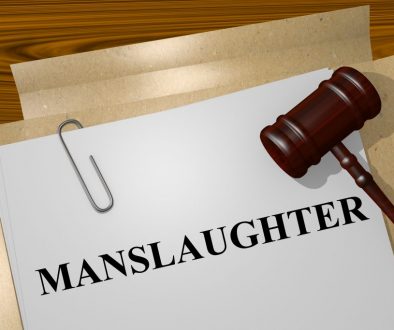Criminal mischief as a felony in New York vs. Pennsylvania
Our law firm wants to provide information through content that is not only relevant but based on current events and topics. While most of our criminal defense content focuses on illegal drugs, narcotic, DUI/DWI, along with weapon and gun related charges; we often frequently discuss crimes against individuals liked terroristic threats and aggravated assault. I have written previous articles on the difference between simple and aggravated assault, along with blogs focused on terroristic threats and recklessly endangering another person (REAP). Recently, UFC fighter Connor McGregor’s criminal case in New York State (Kings County) presented a good opportunity to explain the often misunderstood charge of criminal mischief.
Disorderly Conduct vs. Criminal Mischief Criminal Charges
While most people assume that criminal mischief is similar to a crime like disorderly conduct, it is important to keep in mind that, unlike that criminal offense, criminal mischief is graded as a felony or misdemeanor in Pennsylvania, similar to New York State. It's important to keep in mind that disorderly conduct is usually a summary offense in Pennsylvania and a non indictable offense in New Jersey. Read my article on disorderly conduct to find out more about this crime.
Criminal Mischief in Pennsylvania
In Pennsylvania, under Title 18 § 3304, a person commits this crime when he or she intentionally or recklessly damages the property of another. The Commonwealth makes this crime a felony if the actor causes damage in excess of $5,000 or the person’s actions cause a substantial impairment or interruption of public communication, transportation, or some other public service (water, gas). It is a misdemeanor of the 2nd degree if the damage is more than $1,000 but less than $5,000, and a misdemeanor of the 3rd degree if it is $500 or more but less than $1,000. It is a summary offense in Pennsylvania if the damage is $150 or less. Learn about the different types of crimes in Pennsylvania through my blog article on it
New York v. Pennsylvania – Criminal Mischief
In the case of Connor McGregor it appears that he is charged with a felony criminal mischief offense. In New York State, unlike Pennsylvania, felony misdemeanor offenses follow an alphabetic sub-grading system, as opposed to numeric. The lowest level criminal mischief offense in New York state is graded as a Class A misdemeanor (criminal mischief in the 4th degree), but criminal mischief in the 1st degree is a Class B felony. This is the most serious gradation of criminal mischief and is reserved only when a person destroys property using explosives. Here, it is clear that McGregor is not charged with a Class B felony, but more than likely a Class E or D felony. A Class E felony is where the property damage exceeds $250 and Class D felony is where property damage exceeds $1,500.


